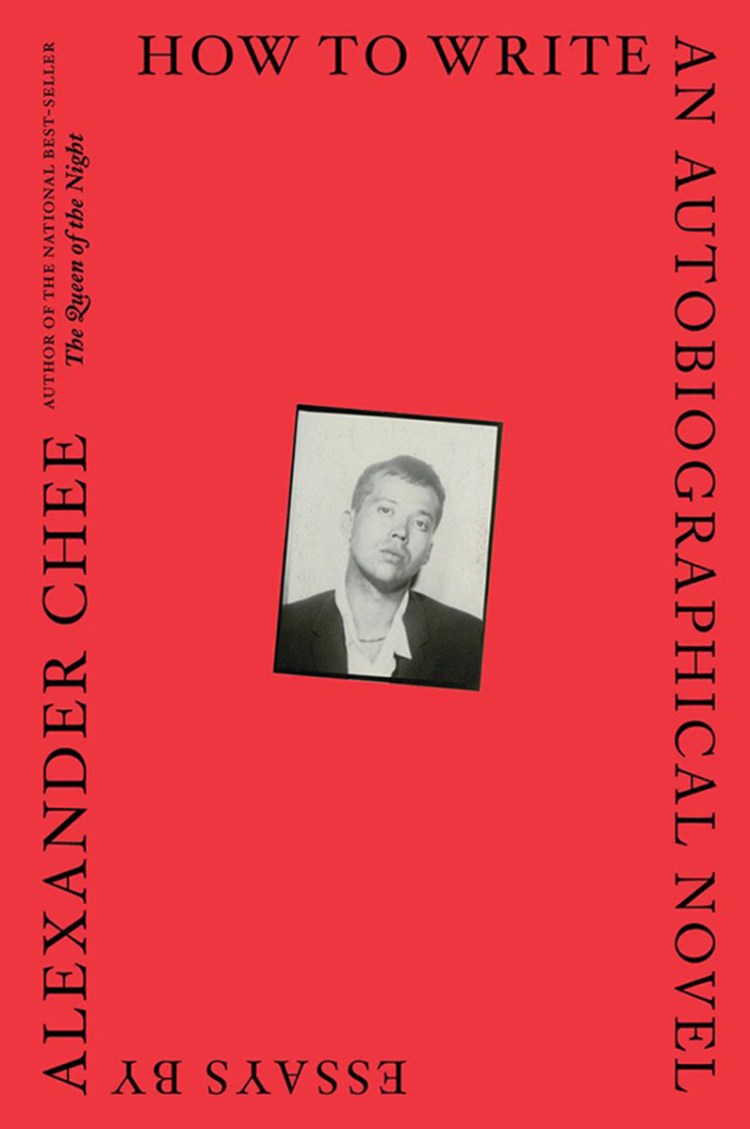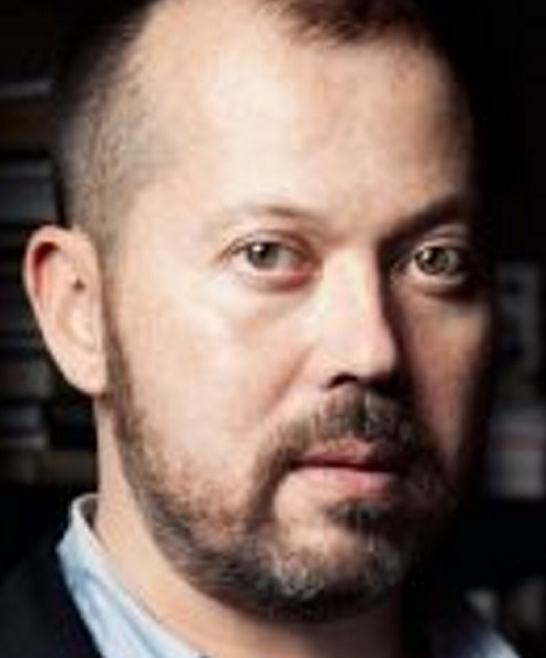Alexander Chee’s compelling new book, “How to Write an Autobiographical Novel,” is a memoir disguised as an essay collection. That’s the first of many clues that this gorgeous, dense, provocative book is not necessarily what it seems. Chee delivers 16 essays of varying weights and lengths, mostly in the first person and largely in chronological order. The effect is both profound and incremental, of stories that stand alone and work together to unveil a life. And unveiling is very much the point: Chee, a gay, half-white, half-Korean author and teacher, has been wrestling with these disparate identities for most of his life. This book is a revolving mirror, of sorts, as the author tries on different selves.
The book opens in 1980s Mexico where the author, then a teen, takes part in a student exchange program. His summer there foretells themes that will recur throughout the book. Chee finds himself drawn to some of the native boys he meets, and longs for their sense of ease. Not only does he become fluent in Spanish, but he quickly “passes” for Mexican. For a boy who wants only to fit in, Mexico provided a metaphorical homecoming: Chee was ordinary there, “mestizo,” with none of the exotic otherness conferred upon him by his all-white American classmates in Cape Elizabeth, Maine.
“Whatever I thought I was doing through my experiments in observation, I can see I was a boy losing himself as a way to find himself in the shapes of others,” Chee writes. “The classmates on this trip were kids I had grown up with since moving to town in the first grade. I longed to be rid of them, but also to be rid of me, or of the problem of me.”
Over time, Chee goes through many incarnations. His story zigzags through his college years at Wesleyan, where he studied writing with author Annie Dillard (“By the time I was done studying with Annie, I wanted to be her,” he says); graduate work at the Iowa Writers’ Workshop; stints as a professional Tarot reader and yoga teacher, waiter and AIDS activist. Of his involvement with a fellow activist, Chee writes, “When I fell in love with Peter, I fell in love with what I wanted to be next.”
That Chee would go on to become a best-selling author was hardly assured. His first novel, “Edinburgh,” about sexual abuse in a small-town boys’ choir, won a literary prize, then lingered through two years and 24 rejections before its eventual publication in 2001. Years later, the deeply personal backstory of that novel would come back to haunt the author, leading him to a major re-examination. The result, in part, is the current book, with its seemingly cryptic title.
In the matter of sexual abuse, the plot of “Edinburgh” does indeed derive from the author’s traumatic experience as a choirboy. Chee raises the question of what he knew and when he knew it – of the disparity between the facts of the novel and those in his real life. The book serves, in part, as a stunning inquiry into the responsibilities and ethics of fiction. Yet one senses that, for the author himself, it’s more like an inquisition.
Chee’s variegated memoir alternates between coming-of-age stories and self-scrutiny, a writer’s lessons and appraisal of his own work, each mapping parts of a larger identity. The book is operatic in its range, reflecting the author’s life as an outsider not only to the culture, but at times, to his family and himself. The resulting narrative makes for some powerful, lyrical prose.
By book’s end, Chee is a professor of creative writing at Dartmouth, trying to console his students after Trump’s 2016 election victory. All of them, students and teacher alike, are verging on despair. Chee knows that writing requires tenacity more than talent – that teaching the nuts and bolts of technique is the easy part.
“To write is to sell a ticket to escape, not from the truth, but into it,” he says. His job, in a culture that denigrates art, is “teaching writing students to hold on – to themselves, to what matters to them.”
Joan Silverman writes op-eds, essays and book reviews. Her work has appeared in The Christian Science Monitor, Chicago Tribune and Dallas Morning News.
Send questions/comments to the editors.




Success. Please wait for the page to reload. If the page does not reload within 5 seconds, please refresh the page.
Enter your email and password to access comments.
Hi, to comment on stories you must . This profile is in addition to your subscription and website login.
Already have a commenting profile? .
Invalid username/password.
Please check your email to confirm and complete your registration.
Only subscribers are eligible to post comments. Please subscribe or login first for digital access. Here’s why.
Use the form below to reset your password. When you've submitted your account email, we will send an email with a reset code.